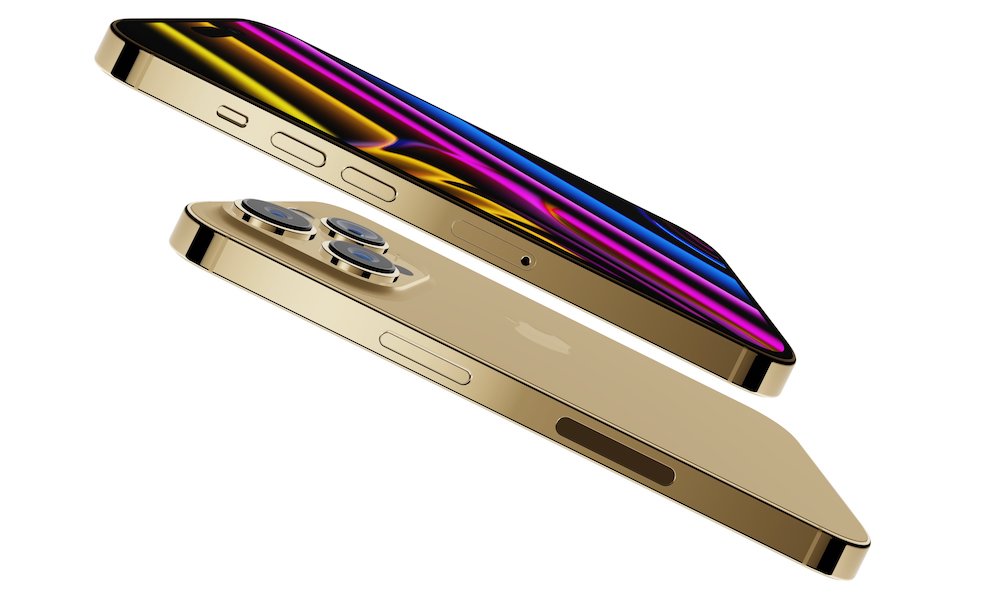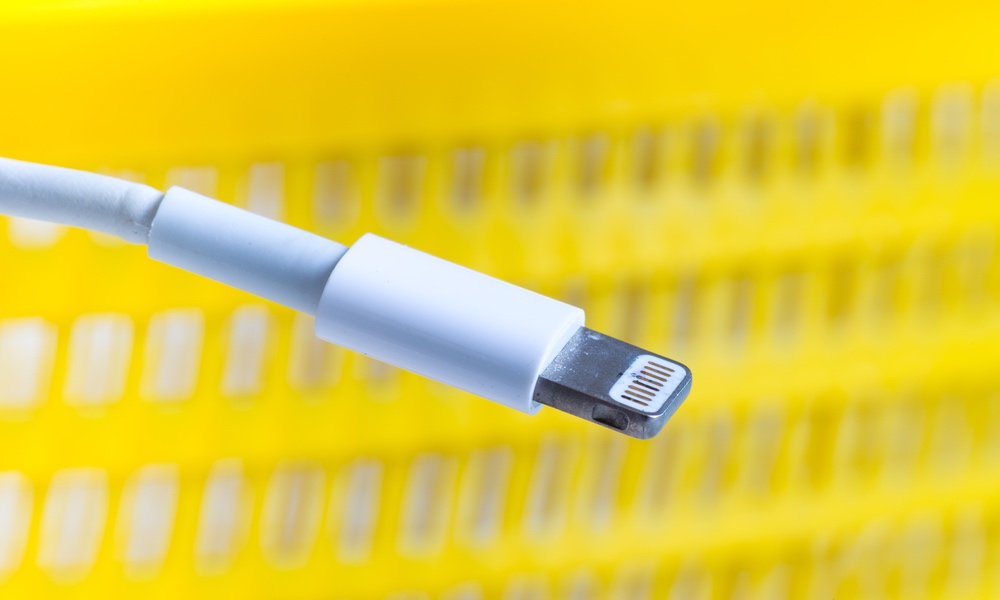Apple Is Finally Testing USB-C iPhones
 Credit: @LD_Vova / Twitter
Credit: @LD_Vova / Twitter
Toggle Dark Mode
Evidence is mounting that Apple is finally at least considering a switch to a USB-C connector on next year’s iPhone lineup.
Although rumors about this have circulated for years, information from typically reliable sources now suggests that it’s a much more realistic possibility.
It all started earlier this week when the venerable Ming-Chi Kuo said that the 2023 iPhone would abandon Lightning and switch to USB-C. Kuo’s information came from surveying his usual supply chain sources, which appear to be ramping up for a significant increase in USB-C components for next year.
Now Bloomberg’s Mark Gurman has weighed in with independent confirmation that Apple is conducting internal tests of iPhones with USB-C ports.
Gurman’s sources indicate that Apple has yet to make a final decision on whether it’s going to make the switch. There’s no way it’s happening with this year’s iPhone, which already entered trial production months ago, and Gurman confirms that it wouldn’t occur until 2023 “at the earliest.”
Not surprisingly, Apple is also said to be working on an adapter “that would let future iPhones work with accessories designed for the current Lightning connector.” Apple did something similar when it shifted from its original 30-pin Dock Connector to Lightning in 2012 with the iPhone 5. Apple also provided a Lightning-to-3.5mm headphone adapter when it removed the headphone jack from the iPhone 7 in 2016.
It’s too early to say if Apple plans to bundle the proposed Lightning to USB-C adapter with the “iPhone 15” next year. However, with the company’s penchant for removing as many accessories as possible from the iPhone’s box, we’re not holding our breath.
Lightning vs. USB-C
Such a transition isn’t something Apple is taking lightly, which is probably why it’s taken so long to come to this point in the first place.
A cynical take is that Apple has stubbornly stuck with the Lightning port to avoid giving up the licensing fees it collects from its Made-for-iPhone (MFi) partners. While that may have once been a significant revenue stream for Apple, the dwindling number of wired accessories that connect to an iPhone makes it hard to believe it accounts for much more than a rounding error on its books.
Money aside, Apple can also use its MFi program to exert a level of control over the accessory market that it couldn’t accomplish as easily with USB-C. While Apple could still require the use of its authentication chips for certain specialized accessories – more common ones like chargers, headphones, and speakers would need to be open for everyone.
More significantly, many long-time iPhone users are already heavily invested in the Lightning ecosystem, with an existing collection of chargers, docks, speakers, and other accessories that use the Lightning connector. A switch to USB-C would break direct compatibility with these. Apple’s USB-C to Lightning adapter would offer a smoother transition, but some users would still be upset.
We saw the same thing years ago when Apple first adopted the Lightning port, making it much more complicated the use Dock Connector accessories that once just worked with iPhones, iPads, and iPods. The only saving grace this time around is that fewer people are using these kinds of accessories today. Speakers are more likely to be wireless than using a Dock Connector, and wireless chargers have replaced charging docks.
The wired accessory market has become so secondary that many believed that Apple would simply ditch the wired ports entirely, forcing users to rely on MagSafe for charging and data transfer. While we still think that’s Apple’s long-term plan, the world isn’t ready for it yet.
However, Apple doesn’t have the luxury of waiting for that day when wireless connectivity is ubiquitous. The European Union has finally mandated that all electronic devices switch to USB-C for charging, and while the deadline for that hasn’t yet been formally set, most are expecting it to be a requirement by 2024.
[The information provided in this article has NOT been confirmed by Apple and may be speculation. Provided details may not be factual. Take all rumors, tech or otherwise, with a grain of salt.]








